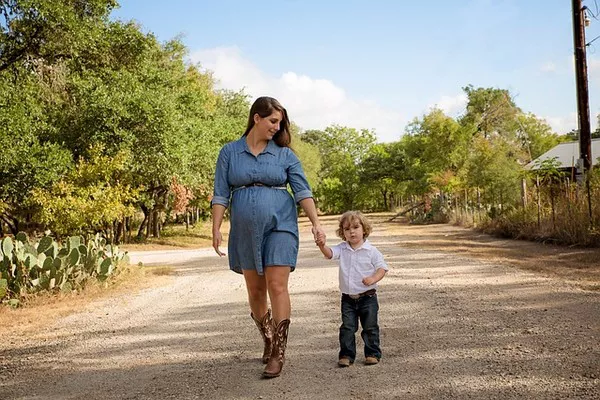A recent study published in PLOS ONE reveals that waist circumference (WC) is a significant predictor of female infertility, irrespective of body mass index (BMI). Conducted by Jierong Ke and colleagues at Huizhou Central People’s Hospital in China, the research delves into the association between WC and infertility in women of childbearing age, shedding light on a crucial aspect of reproductive health.
The study encompassed 3,239 female participants, aged 18 to 45 years, who took part in the U.S. National Health and Nutrition Examination Survey. The analysis, conducted by the researchers, unveiled a positive correlation between WC and female infertility, even after adjusting for BMI.
According to the findings, for every 1 cm increase in waist circumference, there was a 3 percent rise in the risk of infertility. Women in the highest quintile of WC faced more than double the risk of infertility compared to those in the lowest quintile, with an odds ratio of 2.64. The relationship between WC and female infertility was dose-dependent, showing a nonlinear pattern.
The study highlighted a noteworthy distinction based on recreational activities. In participants with moderate recreational activities, a distinctive inverted U-shaped relationship emerged, with a turning point at 113.5 cm. Conversely, those with deficient recreational activities displayed a J-shaped relationship, with a turning point at 103 cm.
The authors underscored the impact of moderate recreational activities in mitigating the risk of female infertility associated with abdominal obesity. This insight into the role of waist circumference, independent of BMI, adds a valuable dimension to the understanding of factors influencing reproductive health in women of childbearing age.

